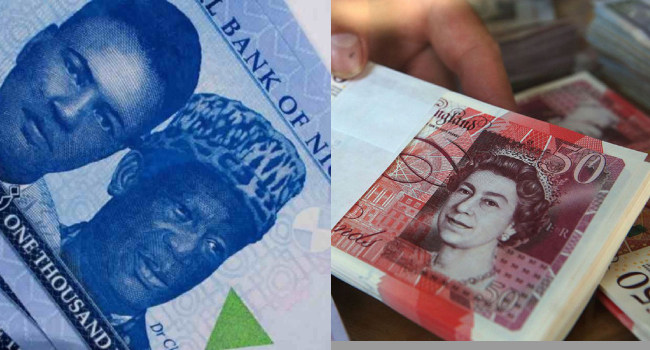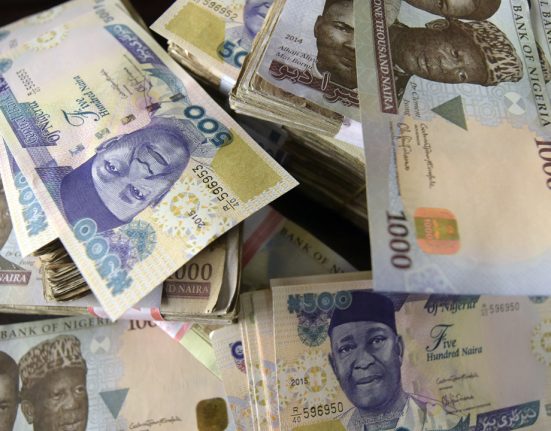Lagos, June 21, 2025 – The Nigerian Naira continued its downward slide on the foreign exchange market, trading at an alarming ₦2,200 to one British Pound Sterling, amid persistent liquidity challenges and growing demand for foreign currency.
This latest depreciation marks a significant drop in value and adds to the pressure on Nigeria’s fragile exchange rate regime, which has faced sustained volatility in recent months due to reduced foreign inflows, weak export earnings, and speculative activities in the parallel market.
Currency traders in major financial hubs such as Lagos and Abuja attributed the sharp fall to increased demand for Pounds by importers, international students, and businesses seeking to meet foreign obligations, with insufficient supply from the official window to stabilise prices.
Financial analysts have raised concerns over the implications of the weakening Naira on inflation, already exacerbated by rising fuel and food prices. The cost of imported goods is expected to surge further, placing additional strain on household incomes and increasing production costs for local manufacturers dependent on foreign raw materials.
Despite efforts by the Central Bank of Nigeria (CBN) to narrow the gap between official and parallel market rates through various interventions, the market continues to experience volatility, especially with the scarcity of foreign reserves and limited confidence in policy consistency.
The situation has renewed calls from economic experts for urgent structural reforms, including strengthening local production, boosting exports, and attracting sustainable foreign investment to ease pressure on the currency.
As of press time, the Naira remains under intense pressure against other major currencies, with expectations that the government may soon unveil new measures to stabilise the exchange rate and restore investor confidence.


